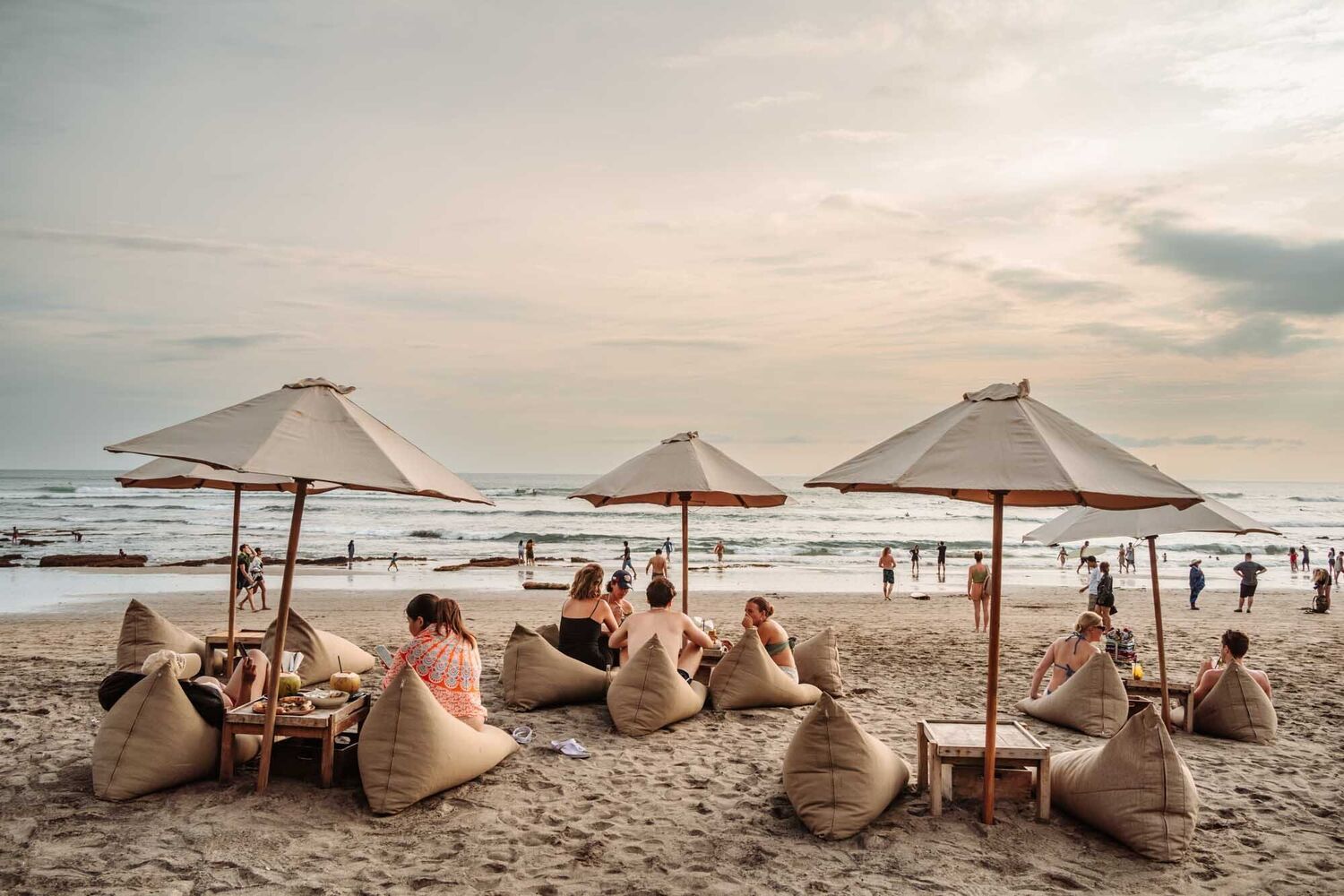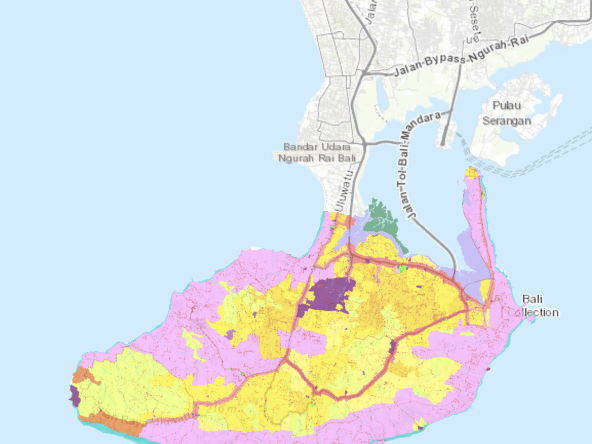For many years, foreign buyers in Indonesia have used nominee structures or power of attorney (PoA) agreements to gain control over land they cannot legally own. While these methods may seem like clever shortcuts, they come with serious legal risks—and growing government scrutiny.
In this article, we explain how nominee structures work, why they’re risky, and what safer alternatives exist.
What Is a Nominee Structure?
A nominee structure is when a foreigner asks an Indonesian citizen (often a friend, business partner, or spouse) to buy and hold a property on their behalf.
Although the nominee is the legal owner on paper, a set of private agreements gives the foreigner control over the property, such as:
- A Power of Attorney to sell or manage the property
- A Loan Agreement stating the foreigner “lent” the money
- A Statement Letter confirming the Indonesian holds it on behalf of the foreigner
These contracts are not registered with the Land Office and are not recognized by Indonesian land law.
What Is a Power of Attorney?
A Power of Attorney (PoA) gives someone else the authority to act on your behalf. In nominee setups, it’s often used to:
- Authorize the foreigner to sell or lease the land
- Manage the property or pay taxes
- Control financial transactions
But here’s the problem: all PoAs can be revoked at any time by the person who granted them.
If your nominee decides to walk away or transfer the title, there’s little you can do.
The Legal Risk
- The nominee is the legal owner, not you
- Indonesian law does not protect the foreigner’s interests
- Contracts like PoA or loan letters may be deemed invalid in court
- If your nominee dies, their heirs inherit the property, not you
- If there’s a dispute, you have no legal claim over the land
In short: you carry the financial risk, but not the legal power.
Why It’s Still Common
Despite the risk, nominee structures are still used by some foreigners who:
- Want to hold Hak Milik land (freehold)
- Don’t want to set up a company
- Are unaware of the legal implications
In reality, it’s a legal grey area that has caused countless property disputes over the years.
Safer Alternatives
If you’re serious about investing in Bali property, here are safer legal options:
- Leasehold (Hak Sewa)
Full legal right to use the property for 25–30 years or more, renewable. Perfectly legal for foreigners. - Hak Pakai (Right to Use)
Can be granted directly to a foreigner for residential use. Requires registration. - PT PMA (foreign-owned company)
Lets you acquire commercial property and hold titles like Hak Guna Bangunan. Best for serious investors or businesses. - Secure long-term lease from your spouse (if married to an Indonesian)
Combine with a prenuptial agreement to ensure protection.
Final Thoughts
Nominee structures may look like a simple workaround—but in reality, they’re unstable and offer no legal protection. When investing in Bali, you want peace of mind, not uncertainty.
At Mata Property Bali, we guide clients through legal, transparent, and secure ownership options. Don’t put your investment at risk—contact us to discuss safer alternatives that work for your situation.





